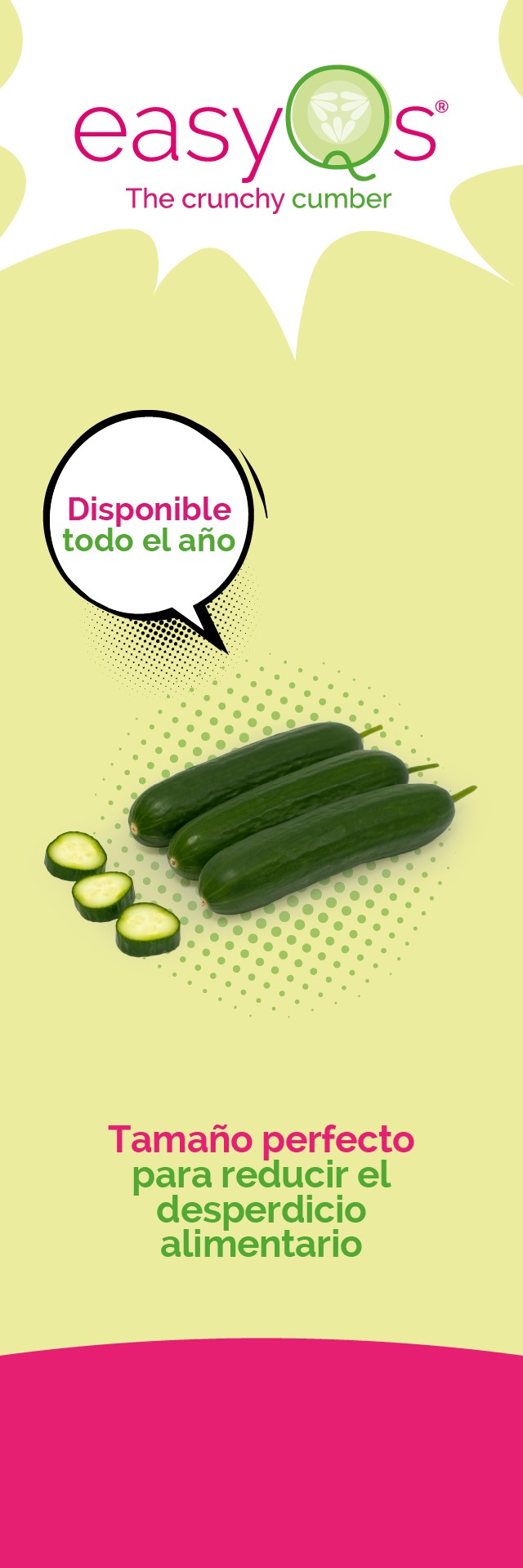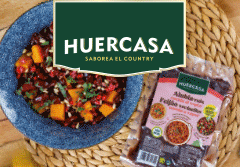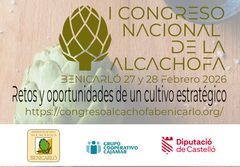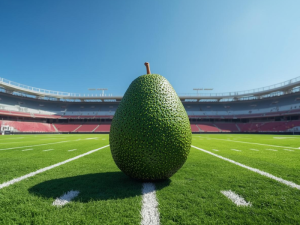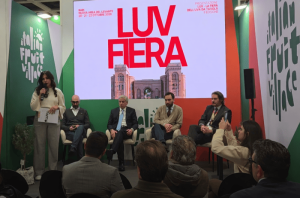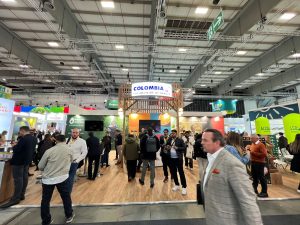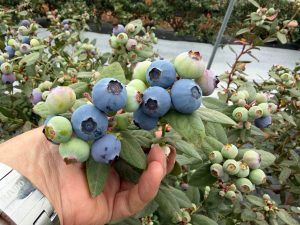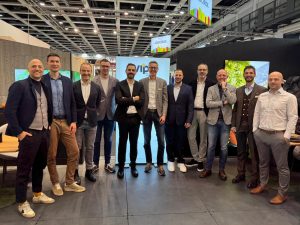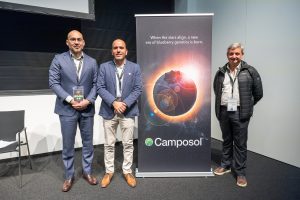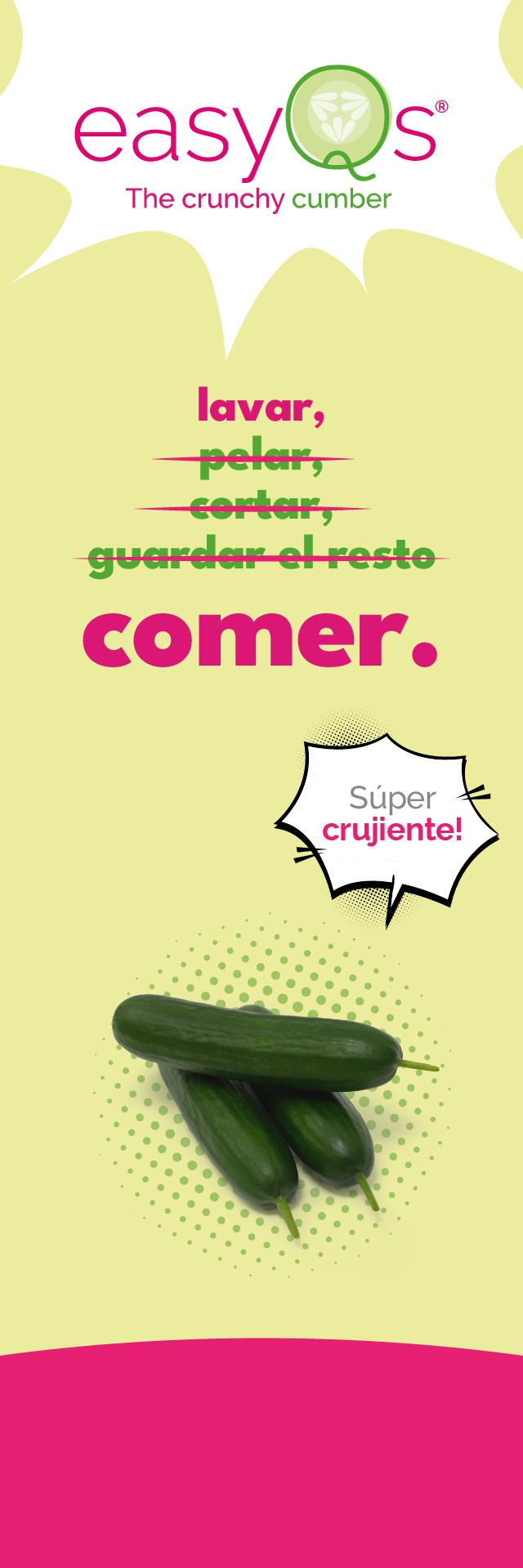What advantages do the Canary Islands offer in the production of tropical fruit compared to other mainland production areas?
Weather-wise, the Canary Islands and specifically, in our case, southern Tenerife, allow us to reproduce the same conditions as the countries of origin: a stable temperature with a high level of humidity; therefore, the best characteristics for obtaining an intense, authentic flavour.
Tenerife permits Bonnysa to have tropical fruit with a high value for consumers due to its flavour, and even more so when we can let the fruit ripen on the plant, giving a fast service and also reducing our carbon footprint by 70%, compared to overseas produce.
Not only do we have an exceptional product, but it is also produced locally, a value to be promoted in Europe, along with sustainability. The Canary Islands are without any doubt, the differential value for growing tropical fruit in Europe.
What are the challenges involved in operating from the islands?
We have the limitations of an island, and fewer resources. For example, regarding water, we have had to develop our own instruments, installing desalination plants, photovoltaic panels or mesh to protect against the wind. We must be very demanding when controlling the humidity levels and the harvesting point of the produce, key points for obtaining the best flavour and appearance.
And finally, we must ensure we are particularly synchronised with our facilities on the mainland.
Are you thinking about extending to other Spanish regions or to Morocco?
Our production has always been 100% Spanish, and we want to try to continue along this path. We are committed to both the local and the Spanish national economies, and we believe that it is the best way to provide independence from third countries. Produce such as papayas, which previously could only be found overseas, have allowed the EU to have them using proximity trade, with flavour, greater sustainability and also with competitive prices.
What volumes are you maintaining in avocados and papayas? Is the growth of avocados in the fresh cut range becoming consolidated? Do you market any other tropical fruits?
We are not avocado producers, and to develop our avocado-based products we have agreements with producers to be able to control the quality of the raw material, as the growth of products such as guacamole is one of the distinctive characteristics on a market that is being showered by different brands and operators.
Regarding papayas, we made an important commitment to this product a few years ago and today we are one of the main operators in Europe with fruit produced in Spain. Its flavour and proximity are two elements that are appreciated both by the retail chains and by the end consumers. We also would like to underscore our banana crop, where we currently produce 10 million kg of our own fruit and, to a lesser extent, we are working with pitayas, both with red and white flesh.
What is the company doing in terms of sustainability?
We have been taking sustainability very seriously for decades now. A reasonable, sustainable use of water, for example, is essential in our activity. On the Spanish mainland, we have water collection and re-use systems that allow us to be 30% self-sufficient. In the case of Tenerife, we have two desalination plants to guarantee the supply and to be able to control the quality of the water, an essential aspect for crops such as bananas.
With respect to energy, in addition to cogeneration produced over the past few years, Bonnysa is progressively installing solar panels in its facilities to reduce the dependence on the mains electricity network and, particularly, to produce clean energy. In both cases we have managed to make a reduction of 20 million kg of CO2 that we have not pumped out into the atmosphere.
Additionally, we are working to ensure that not only our packaging is 100% recyclable, but also that it uses vegetable dyes, harmless for the ecosystem, or which come from sustainable forests with a percentage of recycled raw material. For all these reasons, all our cardboard and paper holds the FSC stamp.
And all this, representing part of our sustainability actions, is because we work in symbiosis with the environment, in order to obtain productive improvements and to respect the ecosystem. Without any doubt, it is a win-win situation with nature that can be appreciated in the end product and in the perception held by Bonnysa consumers.
You have recently obtained the Flavour of the Year 2024 Award for your bananas, what does this recognition mean for your company?
We are very proud, and not only for having won the award for the second year running with an outstanding score, but also because it is an award granted by the consumers. Our main goal is to satisfy the end customers, who enjoy looking after themselves by eating Bonnysa produce; therefore, in this case our banana has been selected as the favourite by the consumers. On a commercial level, it is an added value for the produce, as the claim exactly involves the most basic part of our fruit, which is the flavour, and this, according to Bonnysa consumers, is where we are in the lead.

